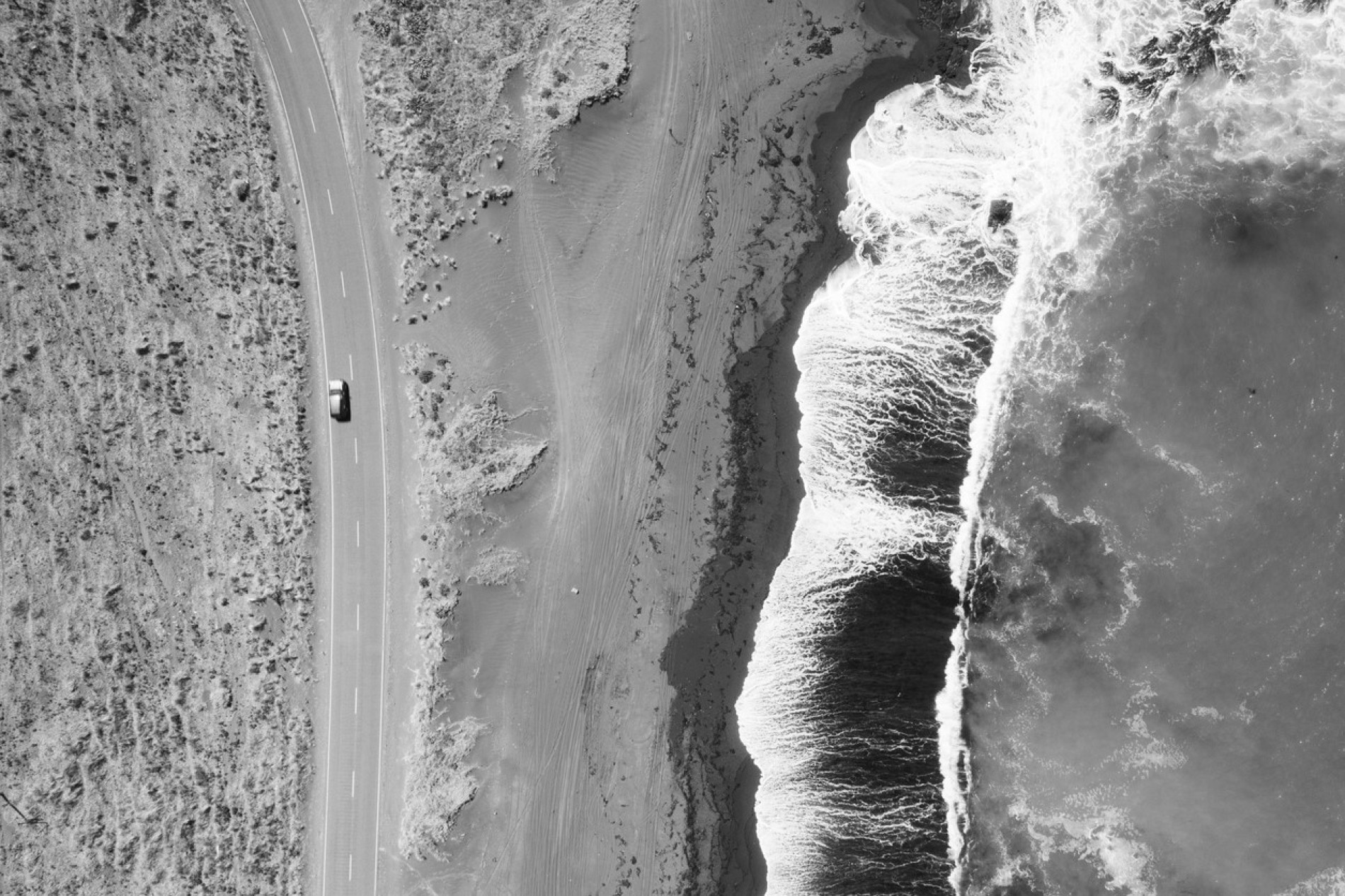Natural disasters and extreme weather events are devastating for any community, and it’s a sad reality that they’re only set to increase as the effects of climate change are felt. That’s why it’s so crucial that councils and communities are prepared, supported and equipped to deal with the immediate and long-term effects of these events.
Councils are, after all, the closest arm of government to communities – and are therefore best placed to not only work alongside them in disaster preparation, but also to harness local knowledge and community strength to inform decision-making around rebuilding and recovery. This is why local government has a key role leading civil defence and emergency management coordination across the 5 R’s – of reduction, readiness, response, recovery and resilience. This locally-led, regionally-coordinated structure demonstrates the strength of localism in action, as many examples from around the motu show.
For example, Cyclone Gabrielle recently wreaked havoc on much of the North Island. While devastating, the aftermath also demonstrated the strength of community action and knowledge. Not only were locals key in the immediate cleanup, but their voice is also crucial in the rebuild – and councils are working closely with them on the long road to recovery.
For Gisborne District Council, the focus for the Tairāwhiti recovery is rebuilding and repairing infrastructure for future resilience, and supporting and encouraging communities/iwi to lead the development of recovery priorities in their areas. The council has a team to help communities who would like to lead their own community planning, and there’s even funding available to support the creation of a community plan.
These plans will then be shared with councils, agencies and funders – yet the ownership of the plans will always remain with the communities. Once all the plans have been received, the council’s intention is to create an overarching Community Led Recovery Plan that captures community priorities and aspirations for recovery. It’s this tool that will allow council, government agencies and funders to coordinate and collaborate in order to meet the needs of communities across Tairāwhiti. Recovery is a huge job, and no single organisation or council can carry it out alone, so this collective approach is essential in making sure communities’ goals and plans are delivered.
Central Hawke's Bay District Council is taking a similarly people-focused approach. They’ve been facilitating numerous community-wide conversations to help shape local plans to build a stronger, more resilient district after the devastation of Cyclone Gabrielle. This approach, while council-facilitated, puts communities at the forefront – providing for a locally led, regionally coordinated and nationally supported recovery.
As Alex Walker, Mayor of Central Hawke’s Bay District Council, says: “Local, local, local is the key. We are going to need help from others to move forward from the damage of this cyclone. But we need people to hear our local voice and not to just make decisions or plans over our heads. Communities and marae are how we are going to need to talk, think and plan so we can develop a robust and long-term approach to recovery."
Of course, not everything is about recovery – councils also work incredibly hard, alongside their communities to ensure locals are prepared for disasters. In Palmerston North, for example, volunteer response groups are supported by the council. They help communities get prepared ahead of emergencies, aid civil defence and emergency services during crises, and oversee the Community Response Plan – feeding in valuable local knowledge.
At the end of the day, when a disaster strikes, it’s local communities who are hit the hardest. So it’s crucial they’re a huge part of conversations around these challenges – both in advance, figuring out how best to prepare, and in the aftermath, being enabled and supported by councils to help guide the best way forward for their rohe.
